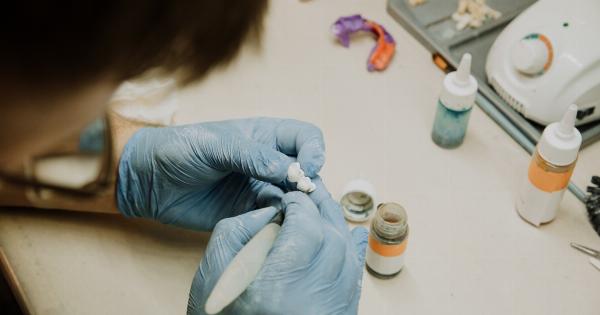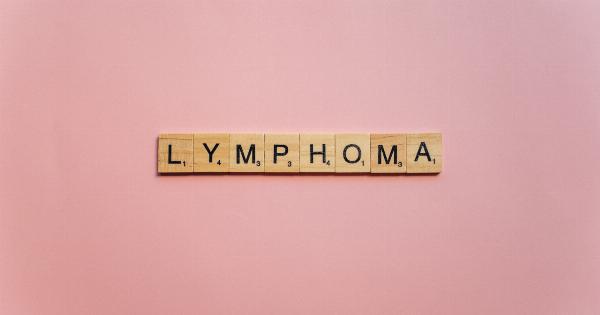Hematological tests, also known as blood tests, are a vital diagnostic tool that help healthcare professionals assess various aspects of a person’s health.
These tests measure different components of blood, such as red and white blood cells, platelets, hemoglobin, and other parameters that can provide valuable insights into a person’s overall health and functioning. In this article, we will explore the significance of hematological tests and how they relate to antidepressant therapy.
1. Hematological Tests: A Comprehensive Assessment of Blood Health
Hematological tests are commonly performed in a clinical setting to evaluate a person’s blood health and detect any abnormalities or underlying conditions.
Some of the most frequently conducted hematological tests include complete blood count (CBC), blood chemistry tests, coagulation tests, and blood gas tests.
2. Complete Blood Count (CBC)
A complete blood count, often abbreviated as CBC, is a primary hematological test that provides information about the composition and properties of blood.
It measures the levels of red blood cells (RBCs), white blood cells (WBCs), platelets, hemoglobin, and hematocrit. Results from a CBC can help diagnose anemia, infections, clotting disorders, and immune system irregularities.
3. Blood Chemistry Tests
Blood chemistry tests assess the levels of various chemicals and substances present in the blood. These tests provide valuable insights into organ function, metabolic health, and the presence of any underlying conditions.
One common blood chemistry test is the liver function test, which measures the levels of liver enzymes and other markers that help evaluate liver health.
4. Coagulation Tests
Coagulation tests are used to assess the blood’s ability to form clots and maintain proper hemostasis. These tests are crucial for diagnosing bleeding disorders and monitoring the effectiveness of blood-thinning medications.
The most frequently performed coagulation test is the prothrombin time (PT), which measures the time taken for blood to clot.
5. Blood Gas Tests
Blood gas tests evaluate the levels of oxygen and carbon dioxide in the blood, as well as the blood’s pH balance. These tests help assess lung function, body acid-base balance, and the efficiency of oxygen exchange throughout the body.
Arterial blood gas (ABG) tests are commonly performed in critical care settings to monitor patients’ respiratory status.
6. Hematological Tests and Antidepressant Therapy
Antidepressant therapy is a common treatment approach for individuals struggling with depression, anxiety, and other mood disorders.
While hematological tests are not directly related to the efficacy of antidepressant medications, they can play a crucial role in ensuring the safe and appropriate use of these medications.
7. Baseline Hematological Tests
Before initiating antidepressant therapy, healthcare providers may conduct baseline hematological tests to establish a person’s blood health and identify any pre-existing conditions that may affect treatment.
Certain antidepressant medications can have side effects that may impact blood parameters, such as changes in platelet function or white blood cell counts. Baseline tests help establish a reference point for comparison during later stages of treatment.
8. Monitoring Hematological Health during Antidepressant Therapy
During antidepressant therapy, regular hematological monitoring may be necessary to ensure the medication’s safety and effectiveness.
Some antidepressant medications, such as selective serotonin reuptake inhibitors (SSRIs), can affect platelet function and contribute to an increased risk of bleeding disorders. Periodic blood tests can help identify any alterations in blood parameters and allow healthcare providers to intervene if necessary.
9. Blood Tests for Potential Drug Interactions
Antidepressant medications can sometimes interact with other drugs or substances, potentially leading to adverse effects or reduced efficacy.
Hematological tests can be instrumental in detecting any drug interactions that may impact a person’s blood health. For example, certain antidepressants can interfere with the metabolism of other medications, leading to increased toxicity or reduced therapeutic effect.
10. Conclusion
Hematological tests are a valuable diagnostic tool that provides essential information about a person’s blood health.
While not directly related to the efficacy of antidepressant therapy, regular hematological monitoring ensures the safe and effective use of these medications. Baseline tests help establish a reference point, and ongoing monitoring can identify any potential side effects or drug interactions.
By incorporating hematological tests into the overall treatment plan, healthcare providers can optimize patient care and minimize the risks associated with antidepressant therapy.




























